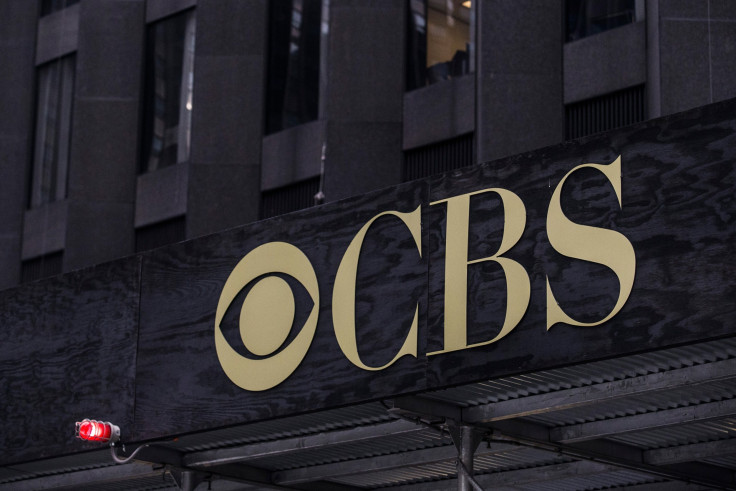
After a monthlong blackout, Time Warner Cable Inc. and CBS Corp. reached an agreement that returned the broadcast network's programming to millions of frustrated subscribers in Los Angeles, New York and Dallas. The standoff between CBS, the top-rated U.S. broadcaster and Time Warner Cable, the country's second-largest cable operator, was seen as a major test of whether Time Warner Cable could withstand price increases for programming that threatens to reduce earnings for U.S. TV distribution companies and raise consumer prices.
The new distribution deal, which runs almost five years, came Monday afternoon after weeks of bitter negotiations and public posturing by the two media giants, with consumers caught in the middle. CBS' programming resumed at 6:00 p.m., ET Monday in the affected markets. The companies didn't disclose specific terms of their new retransmission contract, which spells out the amount of money that TWC pays CBS for the rights to carry the CBS-owned TV stations.
"The final agreements with Time Warner Cable deliver to us all the value and terms that we sought in these discussions," wrote CBS' CEO Leslie Moonves in an e-mail sent the company's employees. "This has been a difficult time for our viewers and for CBS. I am glad it's behind us. It's good to be back." Their new agreement also includes broadcasting rights of the cable networks owned by CBS Corp., including Showtime Networks, CBS Sports Network and Smithsonian Channel.
"We're pleased to be able to restore CBS programming for our customers, and appreciate their patience and loyalty throughout the dispute," said Time Warner Cable CEO Glenn Britt, in a statement. "While we certainly didn't get everything we wanted, ultimately we ended up in a much better place than when we started."
Although both sides were tight-lipped about the terms, sources say CBS made a deal that secured an increase to more than $1.50 per subscriber, up from between 50 and 85 cents per month under the old contract. Adding in the cost of the CBS Sports Network and Smithsonian Channel, it is expected that CBS will receive more than $2 per subscriber per month by the end of the pact.
The blackout affected about 1.1 million of New York's 7.4 million television households that get CBS. An estimated 1.3 million of 5.6 million households in Los Angeles were blacked out, along with 400,000 of Dallas' 2.6 million TV homes, CBS said. Those are three of the nation's five most populous television markets. CBS estimates the blackout cuts the network's national viewership by about 1 percent.
Although TWC isn't giving any indication of how many subscribers it lost because of the CBS blackout, the number could be considerable. TWC will have to report those numbers when it releases third quarter results, which should happen in November.
© 2025 Latin Times. All rights reserved. Do not reproduce without permission.





